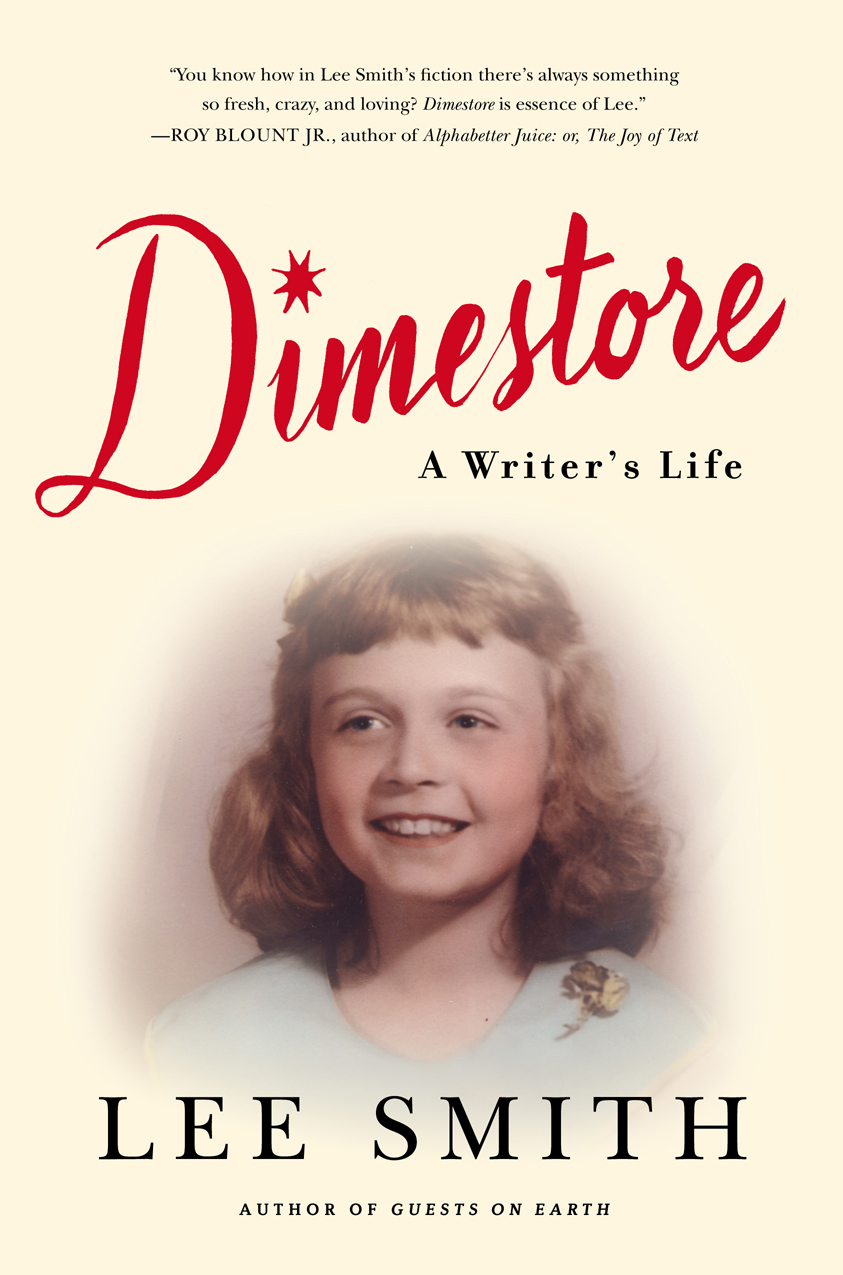
Dimestore
A Writer's Life
کتاب های مرتبط
- اطلاعات
- نقد و بررسی
- دیدگاه کاربران
نقد و بررسی

February 1, 2016
In her first work of nonfiction, novelist Smith (Guests on Earth) explores how deep her Appalachian roots go, in this entertaining and poignant collection of Southern memories. Growing up in the isolated coal town of Grundy, Va., Smith’s world revolved around her father’s general store (the dime store of the title). She played in the rugged mountains that surrounded her home and absorbed the rhythm and cadence of mountain music and mountain-speak. She learned the art of crafting stories from puttering around her father’s store, listening to the women who worked there gossip while she invented elaborate stories for all the dolls for sale. In “Recipe Box,” Smith remembers her mother, who, even though she lived in Grundy for most of her adult life, was considered an outsider because she came from Virginia’s Chincoteague Island. Both Smith’s parents suffered from mental illness, which loomed large in Smith’s childhood, which she touches on in “Kindly Nervous,” and also tragically affected her son, whom she pays tribute to in one of the collection’s most moving essays, “Good-bye to the Sunset Man.” It’s not all serious, though: in “Big River,” Smith recounts a momentous raft trip that she and several college friends embark on, a la Huck Finn, down the Mississippi in 1966. Throughout it all, Smith weaves in her candid observations on the changing South and how she developed into a Southern writer, spurred on by the likes of Eudora Welty.

February 1, 2016
This memoir is Smith (Fair and Tender Ladies; Oral History) at her finest. There is not one false note in the book. Born and raised in Grundy, WV, Smith understood at an early age that her parents--her father owned and ran the town's dimestore, and her mother was considered a stranger to townfolks even though she lived there almost 50 years--were preparing her to leave the coal mining town. She was encouraged to read, discouraged from tomboyish activities, and sent to visit her relatives in Birmingham to learn how to be a lady. VERDICT This wonderful memoir--filled with tenderness, compassion, love, and humor--is highly recommended for fans of Smith's fiction, lovers of Southern writing, and readers who are interested in the changes in small-town America.--Pam Kingsbury, Univ. of North Alabama, Florence
Copyright 2016 Library Journal, LLC Used with permission.

December 15, 2015
Award-winning novelist Smith (Guests on Earth, 2013, etc.) recalls growing up in a small Virginia coal town and the indelible influence that background had on her adult life. Situated in the mountains of southwest Virginia, Smith's hometown of Grundy was beautiful but isolated. The author's mother, a Virginia East Shore outsider locals called a "foreigner," was a home economics teacher. Her father, a native son, owned the local dime store, where Smith typed on his typewriter and observed clients and employees from behind a one-way office window. "It was the perfect early education for a fiction writer," she writes. As passionate as Smith's mother and father were about each other, they each suffered from periods of the mental illness that would later strike Smith's son. Yet the family household--and Smith herself--managed to stay whole thanks to the intervention of dear friends. Eventually, the author left Grundy for Hollins College, where she wrote "relentlessly sensational" fiction that deliberately avoided all references to her hometown. Only after attending a reading by Eudora Welty, a woman who "hadn't been anywhere much either," did Smith realize that the best stories truly did come from what she knew rather than from her fantasies. In her professional life as a writer, which eventually took her to an academic position at North Carolina State University, Smith learned yet another important lesson, this time from a palsied and eccentric creative writing student name Lou Crabtree. Unschooled as she was, Lou's work evoked "a primal world of river hills and deep forest, of men and women and children as elemental as nature itself, of talking animals and ghosts, witchcraft and holiness," and made Smith love and appreciate her "hillbilly" background more than she ever imagined. Candid and unsentimental, Smith's book sheds light on her beginnings as writer while revealing her resilience and personal transformations over the course of a remarkable lifetime. A warm, poignant memoir from a reliably smooth voice.
COPYRIGHT(2015) Kirkus Reviews, ALL RIGHTS RESERVED.

January 1, 2016
There are authors one reads when one wants to escape to a certain time and place such as Richard Russo's Mohawk Valley or Pat Conroy's Low Country. Loyal readers have come to know Smith's (Guests on Earth, 2013) beloved Appalachian Mountains like the backs of their hands, through novels and short stories that reveal the lives of their characters by the way they move through this rough-and-tumble, mystical world. One might have inferred that their stories are Smith's, too, and now she confirms just how much these mountains and hollers influenced her, in personal essays that look back to a time when life in Grundy, Virginia, was sweet and simple, bewildering and bizarre. Recounting how she was able to observe the townspeople from the office in her father's dime store, Smith is crystal clear on how and why she became an author as she watched the preachers and coal miners, truckers and housewives cope with a landscape that was changing in unimaginable ways. In this candid, wistful, appreciative, and beguiling memoir, Smith offers a distinctive and intimate look at one writer's beginnings.(Reprinted with permission of Booklist, copyright 2016, American Library Association.)

























دیدگاه کاربران